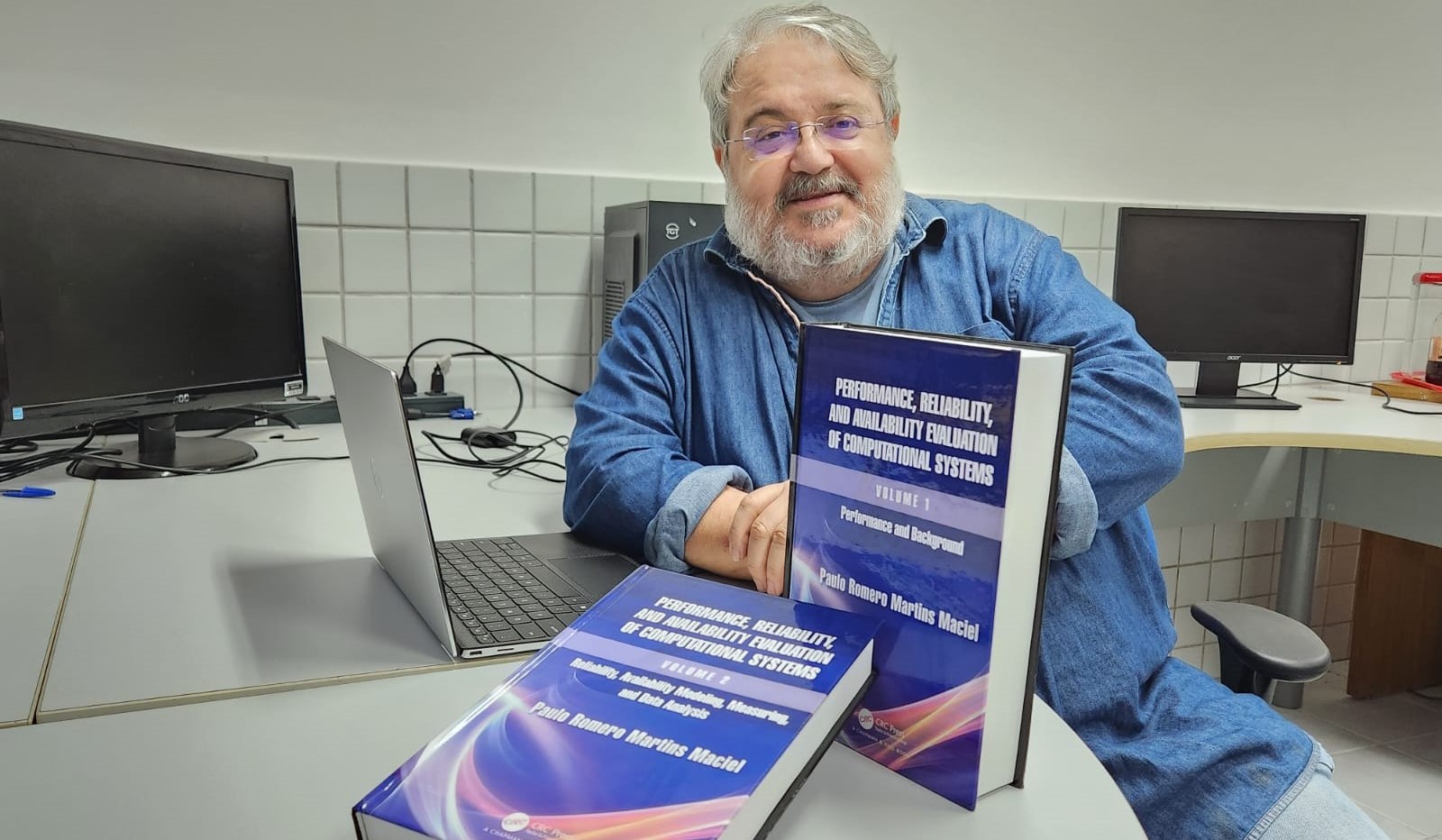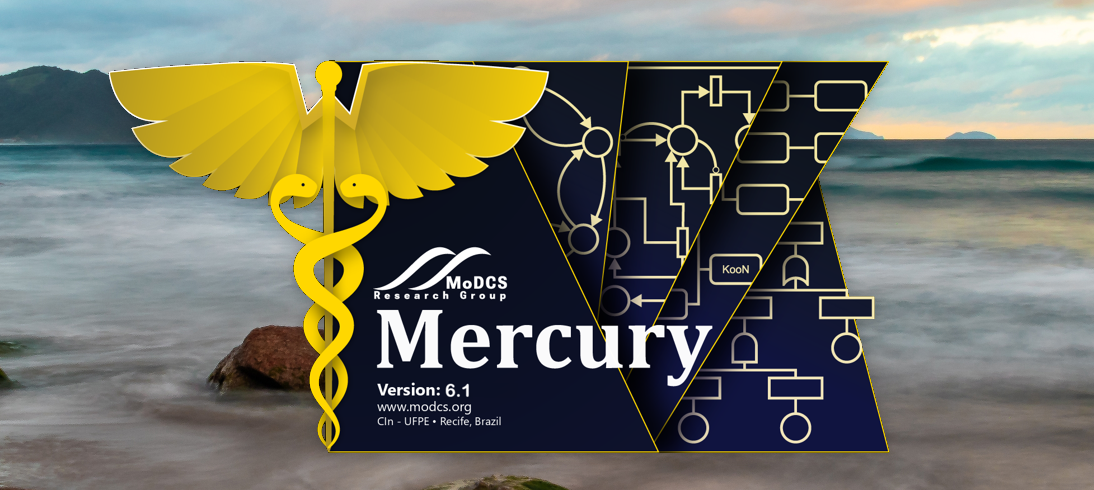Lance Fiondella is Professor and Director of the Center for Cybersecurity at the University of Massachusetts Dartmouth and conducts research in system and software reliability and resilience engineering.
 Book Release
Book Release Paulo releases a two-volume book covering performance, reliability, and availability evaluation subjects
 Meet Mercury 6.1!
Meet Mercury 6.1! New Version of Mercury Tool Available
 WMoDCS 2025.1
WMoDCS 2025.1
Comments Off on Meeting Prof. Fiondella 

Celebrating Eliardo: A Snapshot of Triumph after Graduation, Forever in our Hearts
Esta é uma fotografia de Eliardo logo após concluir o seu curso de graduação.
Que sua alma descanse junto ao Pai.
This is a picture of Eliardo shortly after completing his graduation course.
May his soul rest with God.
Comments Off on Celebrating Eliardo: A Snapshot of Triumph after Graduation, Forever in our Hearts 












